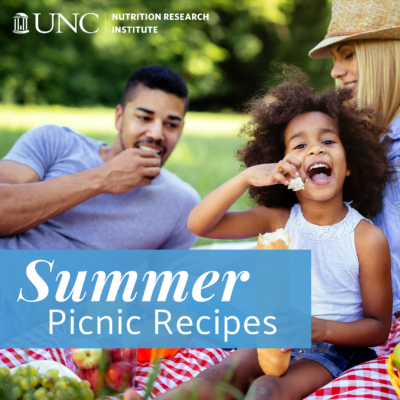Microbiome and Nutrition
The complex community of bacteria, yeasts and viruses living in our intestines, collectively known as the gut microbiome, is shaped, in part, by what we eat. Genetics, environment, and other factors also influence an individual’s microbial community. Research at the NRI investigates these complex relationships and their impact on disease risk. We use animal models and bioinformatics to study the associations between nutritional metabolites, gut microbiome, and health. What happens in the gut doesn’t stay in the gut. Your microbiome can play a role in cardiovascular disease, obesity and diabetes, and even cancer. Our team envisions a future where analysis of your microbiome can determine disease risk, and medical foods can be prescribed to treat and prevent disease by regulating the microbiome.
Publications
Microbiome and Nutrition Publications
2020
Population studies of TMAO and its precursors may help elucidate mechanisms. Meyer K
2019
Association of dietary patterns with the gut microbiota in older, community-dwelling men. Meyer K
2018
Meta-analysis of human genome-microbiome association studies: the MiBioGen consortium initiative. Meyer K
Human microbiota, blood group antigens, and disease. Sumner S
2017
Trimethylamine N-Oxide, the Microbiome, and Heart and Kidney Disease. Zeisel S
2016
Diet and Gut Microbial Function in Metabolic and Cardiovascular Disease Risk. Meyer K
Antibiotic-mediated gut microbiome perturbation accelerates development of type 1 diabetes in mice. Sumner S
Related News
VIP 2025: Empowering the Next Generation of Nutrition Researchers
The NRI is excited to offer its Virtual Internship Program (VIP) for high school students for 2025! This 4-week, online-only program will allow students the opportunity to learn from NRI principal investigators and other research staff, participate in group mentoring...
Fueling Pregnancy: Mom’s Metabolic Transformation
BRAINS Avocado Study
The purpose of this study is to show how nutrition helps babies grow and learn.
Recruitment Requirements:
• 18 to 35-year-old women who are pregnant and plan to breastfeed or are currently breastfeeding babies younger than 3 months
2024 VIP Student Journal
[dflip id="236552" ][/dflip]
Discover How NRI Graduate Student Fights Fetal Alcohol Spectrum Disorder
Hannah Petry, a third-year doctoral student at the UNC Nutrition Research Institute, was recently awarded one of only eight prestigious travel awards. This award granted her the opportunity to present her groundbreaking research at the Fetal Alcohol Spectrum Disorders...
Savor Summer: Healthy Picnic Recipes for Outdoor Adventures
With summer in full swing, it’s the perfect time to get outdoors and enjoy nature. What better way to do that than by enjoying a picnic? Making your own picnic offers a healthy alternative to takeout during busy summer months, and provides an opportunity to enjoy...






